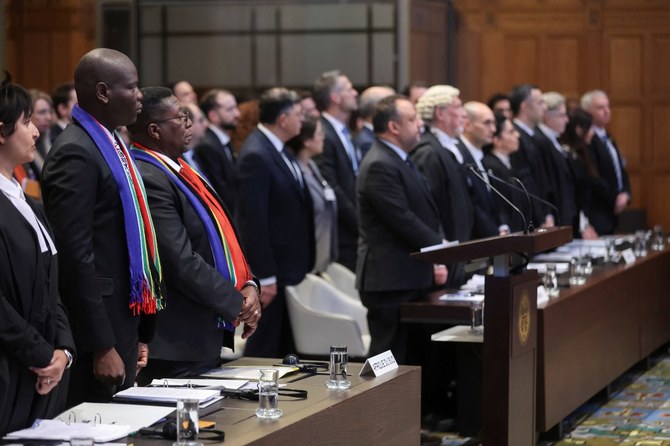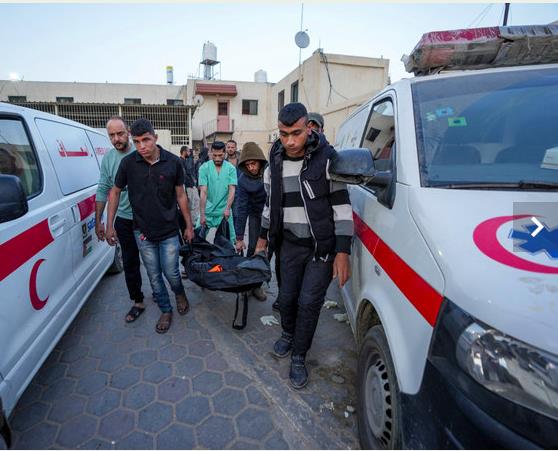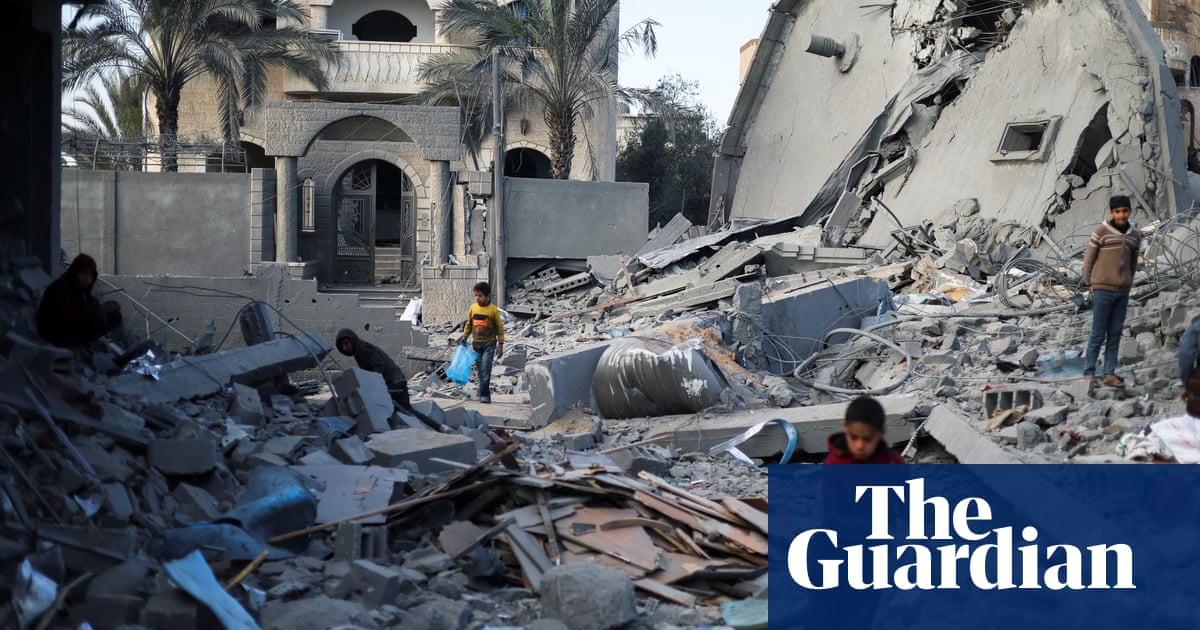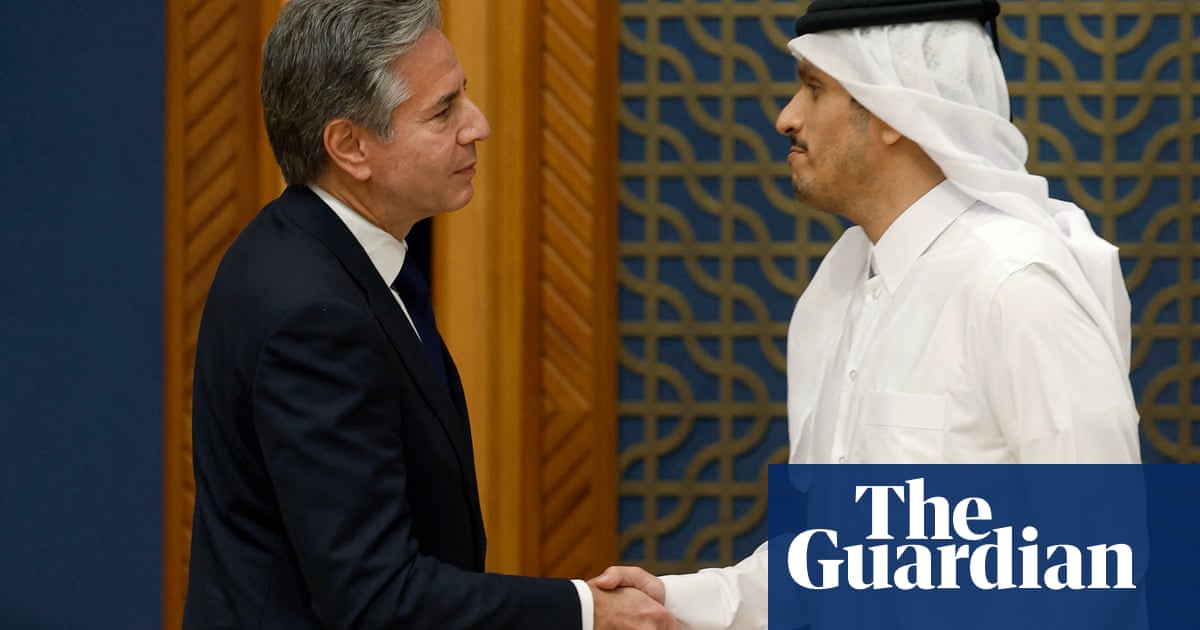
Hours after Prosecutor of the International Criminal Court, Mrs Fatou Bensouda, warned that her office was closely monitoring protests near Gaza-Israel border, the Israeli military announced it would launch an inquiry into the conduct of troops in the recent incidents on the Gaza Strip border, in which several protesters were killed by sniper fire.
The investigation is to be headed by head of the General Staffs Doctrine and Training Division Brig. Gen. Moti Baruch.
It appears that the probe will focus on incidents in which the casualties were civilians, including the death on Friday of Palestinian photographer Yaser Murtaja while on duty.
The army claimed after the initial incidents that most of the Palestinians who had been killed were operatives in the military wings of Hamas and other terror groups.
Israel’s Chief of Staff Gadi Eisenkot decided to launch the probe after consulting Military Advocate General Sharon Afek. However, the probe is not criminal but rather operational, and its findings are to be presented to the military advocate general, who in turn will decide whether to open a criminal investigation.
"Violence against civilians, in a situation such as the one prevailing in Gaza, could constitute crimes under the Rome Statute of the International Criminal Court ("ICC" or "the Court"), as could the use of civilian presence for the purpose of shielding military activities," ICC’s Bensouda said in a statement on Sunday.
Senior fellow at the Israel Democracy Institute and legal expert, Mordechai Kremnitzer criticized the army and the government and questioned the feasibility of the investigation.
Probes serve two opposing purposes: some investigate to receive coverage, and others want to investigate to achieve real results, said Kremnitzer.
He added what should be examined is the conduct of the political and military leadership in Israel and the person who authorized orders to fire at protesters.
If a genuine investigation is required, it can be carried out by an independent commission, such as the Kahan Commission which investigated the Sabra and Shatila events, and the Strasberg-Cohen Commission that investigated the assassination of Salah Shehadeh, Kremnitzer explained.
“Real examination is necessary because Israel is a state of law," he stated, adding: “If we are to prevent the intervention of the world, we must show seriousness in the investigations; that is, work for an independent investigation."
Defense Minister Avigdor Lieberman on Saturday discussed the death of Palestinian journalist Murtaja, saying: “I don’t know who he is, a photographer, not a photographer – whoever operates drones above IDF soldiers needs to understand that he is endangering himself.”
A military investigation into the matter, however, is yet to find any evidence that Murtaja had operated a drone. No reports were received of drones used in a way that could endanger soldiers at any of the focal points of the demonstration on Friday.
Photographs and video clips of Murtaja were released by Palestinians, but do not show a drone, and he is seen wearing a blue vest that said “Press” on it in English.
The Palestinian Journalists’ Syndicate said Murtaja was standing about 350 meters from the border fence when he was shot.












